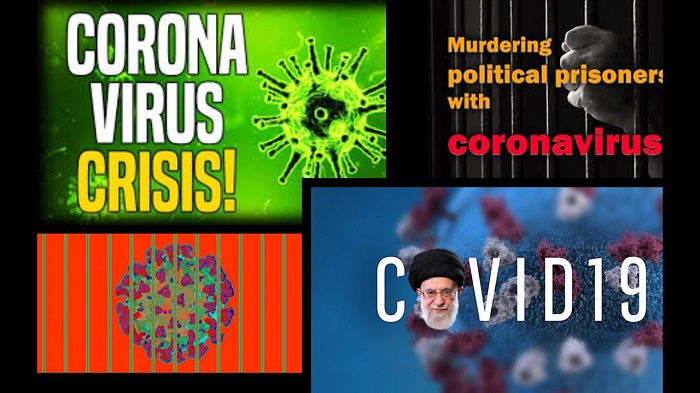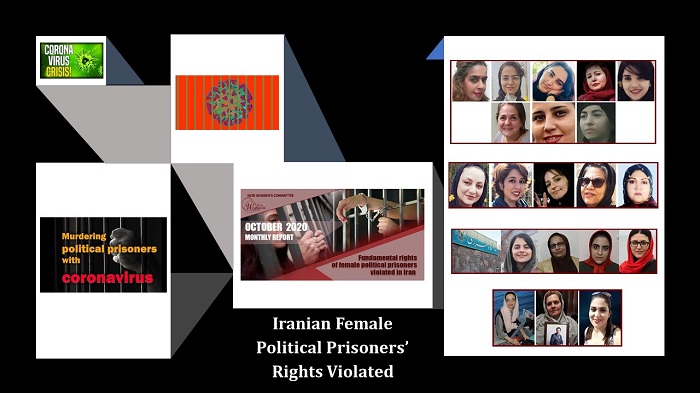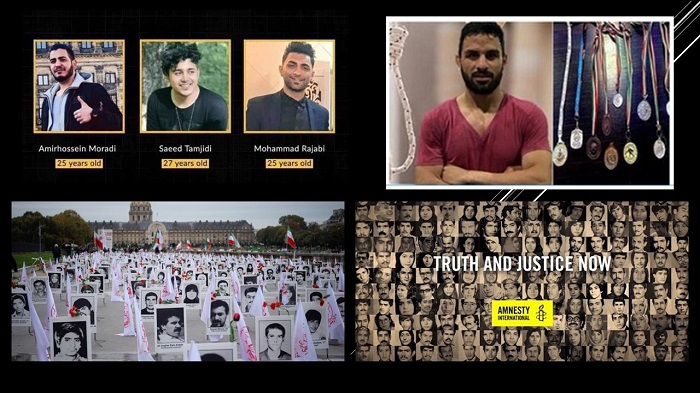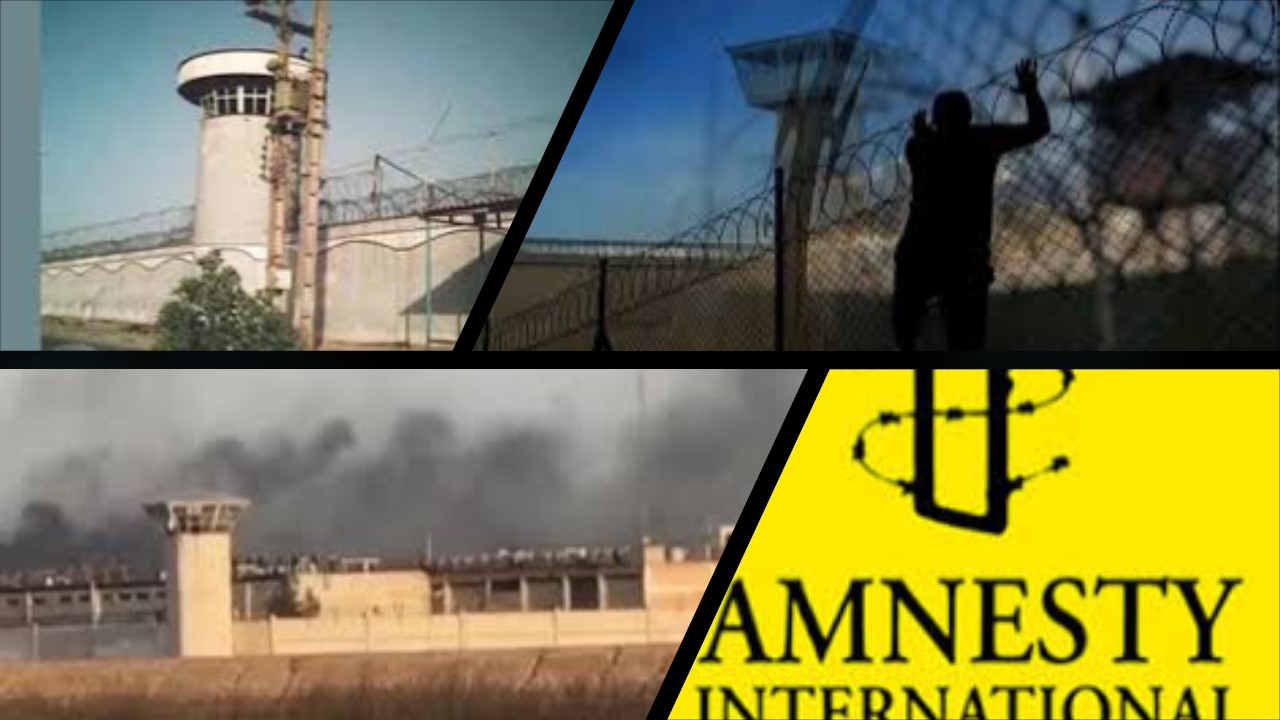
The dire situation facing political prisoners continues in Iran, according to a thorough report compiled by The People’s Mojahedin Organization of Iran (PMOI / MEK Iran) and the National Council of Resistance of Iran (NCRI). (PMOI / MEK Iran) supporters in Iran provided us with valuable information regarding the plight of political prisoners, as well as ethnic and religious minorities and prisoners of conscience in Iranian prisons.

Typical breaches of human rights described by the human rights organization include physical and mental torture, executions, and the denial of medical treatment including treatment for Covid-19 which has ravaged any Iranian prisons.
Over 204,200 people have died of the coronavirus in Iran, according to reports by the Iranian opposition The People’s Mojahedin Organization of Iran (PMOI / MEK Iran) and the National Council of Resistance of Iran (NCRI).
More than 204,200 people have died of the novel #coronavirus in 478 cities checkered across all of #Iran's 31 provinces, according to the Iranian opposition PMOI/MEK. pic.twitter.com/G5o8z1hNFR
— People's Mojahedin Organization of Iran (PMOI/MEK) (@Mojahedineng) January 20, 2021
Deliberate mixing of political prisoners and common criminals
In many prisons across Iran, political prisoners have been kept inwards where common criminals are placed, including violent offenders. This seems to be a deliberate policy of the Iranian regime despite the fact that it violates the principle of the Separation of Categories of Crimes.
In some of these prisons, violent attacks have been made on political prisoners. Prison authorities seem to have encouraged these attacks in many cases.
To take an example, the Qarchak warden encouraged a violent attack on two political prisoners, Forough Taghipour and Parastoo Mo’ini in September last year, while another political prisoner, Jafar Azimzadeh, was the target of two violent attacks last July in a single day and in Evin prison in Tehran, Behnam Mahjoubi and Behnam Mousivand were both attacked.

The pressure put on prisoners by these of solitary confinement
Solitary confinement is routinely used in Iranian prisons to break the spirit of political prisoners, especially if they initiate a hunger strike. This tactic was used widely on political prisoners arrested after the November 2019 protests. Torture and the denial of appropriate medical treatment were and still is a common method of punishment and attempt to force false confessions.
Navid Afkari and his brothers faced this sort of treatment in prison after their arrest in August 2018. Ali Younesi and Amir Hossein Moradi, both students as well as Arjang Davoudi, all faced beatings and solitary confinement after their imprisonment.

Medical treatment denied
The deliberate failure to provide medical treatment is a form of torture experienced by political prisoners in Iran. Examples of political prisoners who have suffered this treatment include:
- Saber Rezaei,
- Changiz Ghadam Khairi,
- Mohammad Reza,
- Saifzadeh Pezeshkan and
- Saeed Eghbali.
False charges made against prisoners
Many political prisoners face trumped-up charges against them. This is a deliberate attempt to intimidate these inmates after their arrest. Examples of persons who have faced these false charges include:
- Soheil Arabi,
- Niloufar Bayani,
- Nejat Anvar Hamidi,
- Majid Assadi,
- Mohammad Bannazadeh Amirkhizi and
- Payam Shakiba.
Drug addiction a deliberate policy of prison authorities
There has been a deliberate attempt to intimidate some political prisoners by getting them addicted to drugs. Once in this state, they are more vulnerable to abuse by prison authorities. Prisoners who protested last year because of their exposure to the coronavirus faced violent attacks and beatings by prison authorities.
According to reports By #MEK sources from inside #Iran, regime officials distribute narcotics among prisoners.
In a criminal attempt to make prisoners addicted to drugs, the clerical regime has been distributing narcotics in various prisons.https://t.co/YaCpp3RT2Q #FreeIran2020 pic.twitter.com/2lM6uZMIYI— MEK Iran (Mujahedin-e Khalq) (@MEK_Iran) August 15, 2020
MEK Iran (follow them on Twitter and Facebook)
and People’s Mojahedin Organization of Iran – MEK IRAN – YouTube








